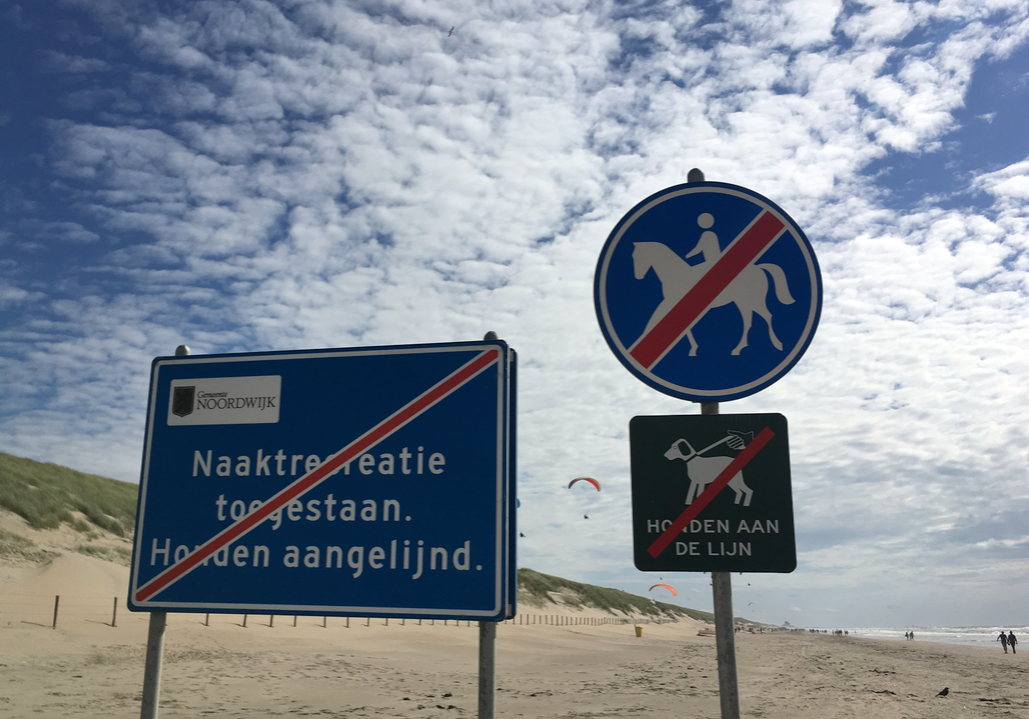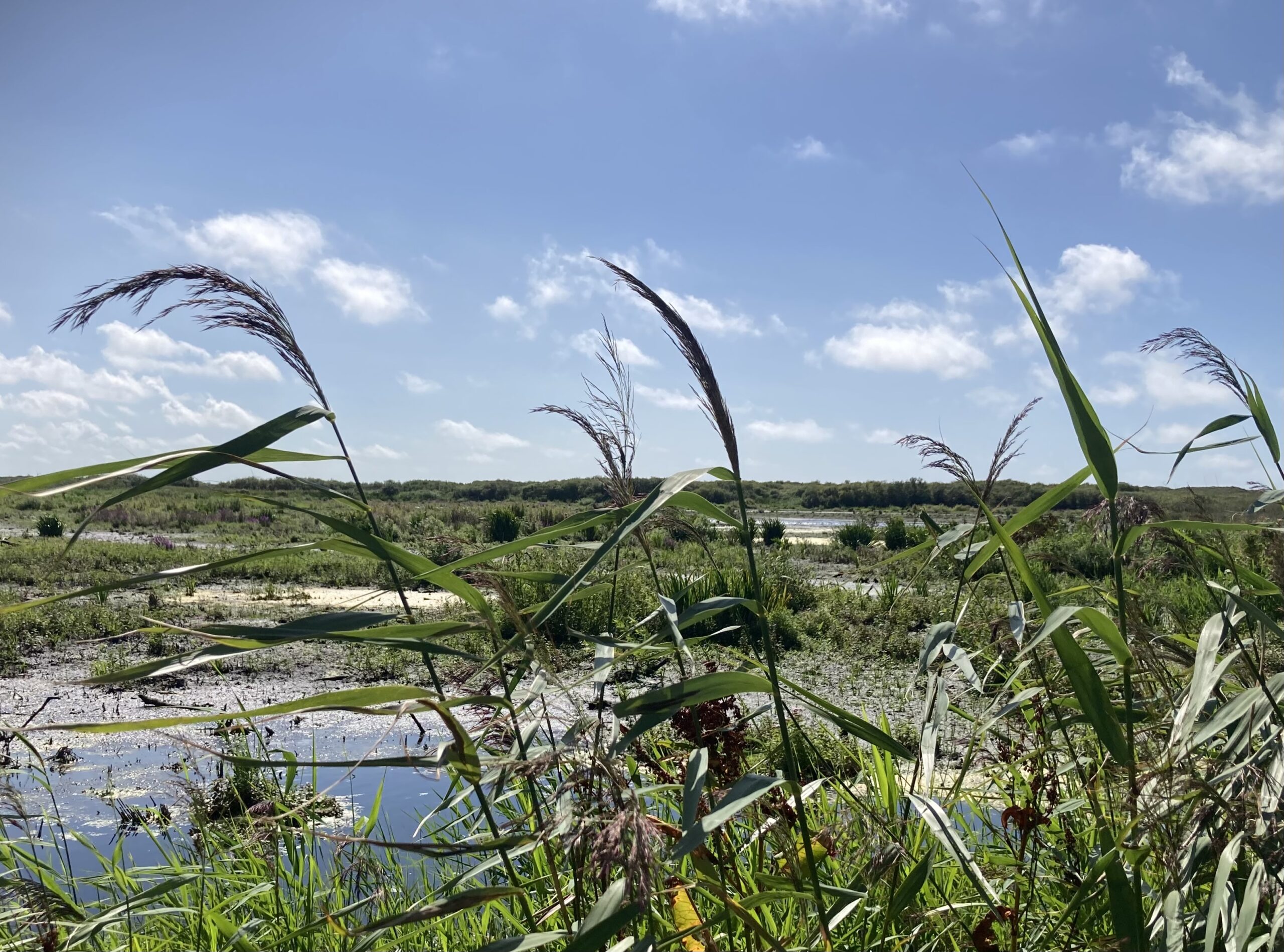If you want me to keep my clothes on, improve the water quality
Molly Quell
Long time readers of Dutch News are familiar with my love of water. I’ve been to the sauna. I’ve visited the hammam. I’ve jumped into a canal.
In my quest to become a mermaid and survive the summer heat, I’ve been regularly swimming this summer. I swam in Hampstead Heath when I was in London in July to see friends. I swam every morning in the sea when I was in Croatia for a holiday.
I live in Delft and my swimming options are severely limited every summer as the temperature increases.
Not because of crowds or students or off-leash dogs but because the local lake gets infected with blue-green algae every year.
The name blue-green algae (blauwalgen in Dutch) is a misnomer. It’s not an algae but a bacteria and blooms every summer, rendering the lake too dangerous to swim in.
One swelteringly hot day this summer I saw the “no swim” advice and I got desperate.
Dutch residents, long-time or not, are certainly familiar with the relaxed attitude this country has towards nudity. Many saunas ban clothing. Sports halls have mixed gendered changing rooms. And many swimming spots have designated nudist areas.
The designation being a large rock on the beach or maybe a flag in the sand where just over the invisible border, full nudity is in effect.
According to NFN Open & Bloot, an advocacy group for nude recreation, approximately 2.5 million Dutch people enjoy swimming, sunbathing, sauna-ing or even more vigorous activities like hiking and jeu de boules.
It isn’t only the Dutch. The Germans are also big on naturism. The Free Body Culture began at the start of the 1900s and advocated for nude recreation and reducing shame about the naked body.
Even the Catholic Church in Belgium got behind it. In 1929, VLK (Flemish Catholic Church), wrote an open letter championing nudity as healthy for young people.
But, in 1986, the Dutch enshrined the right to be naked in the law. Nudism is permitted on a nudist beach designated by the municipal council and in locations suitable for nudist recreation. Women can always sunbathe topless.
(So can men but that’s less contentious.)

What constitutes a “suitable” location is a bit vague and has caused some legal problems for nudists over the years, but in 2016 that exact question landed at the Dutch Supreme Court.
The lake in the city of Delft had long had a nudist area, but authorities removed the signs in 2013, claiming it had become a city park and wasn’t suitable for nude swimming. Police handed out €90 fines and even arrested a nudist who refused to put his pants on.
Ultimately the case landed at the Supreme Court, where judges set forth some criteria for what counts as “suitable” in the law, including whether it was disruptive or likely to lead to confrontation. Those fined in Delft eventually had their cases overturned and the city was forced to continue to allow nude recreation.
So, it’s legal to swim in the local lake naked (in the designated area) if you accept the risk of blue-green algae.
Thus on this sweaty, miserable day, within 15 minutes, I had joined the 55,000 other folks of the nudist advocacy group.
The local nudist campground has its own swimming hole with faster moving water and no blauwalgen. Not wearing a swimsuit seems a small price to pay to avoid vomiting, diarrhea, rashes, eye irritation, coughs, a sore throat, and headaches – all symptoms of blue-green algae contact.
Not to be trite, but I took to it like a fish to water.
For starters, other people apparently can be a bit weird about nudity so I can swim in peace.
Secondly, no wet swimsuit to contend with.
It took a little while to adjust, I will admit. The showers are nude (obviously) and mixed gendered and do not have stalls.
I suppose technically I’ve become a nudist – I did join their organisation – but I am not sure I’m converted.
It seems the nudists may also not be totally committed.
Now that I’m a member, I receive the newsletter. The latest edition advertises a Dutch music night and encourages guests to “wear their most Dutch outfit.”
Thank you for donating to DutchNews.nl.
We could not provide the Dutch News service, and keep it free of charge, without the generous support of our readers. Your donations allow us to report on issues you tell us matter, and provide you with a summary of the most important Dutch news each day.
Make a donation